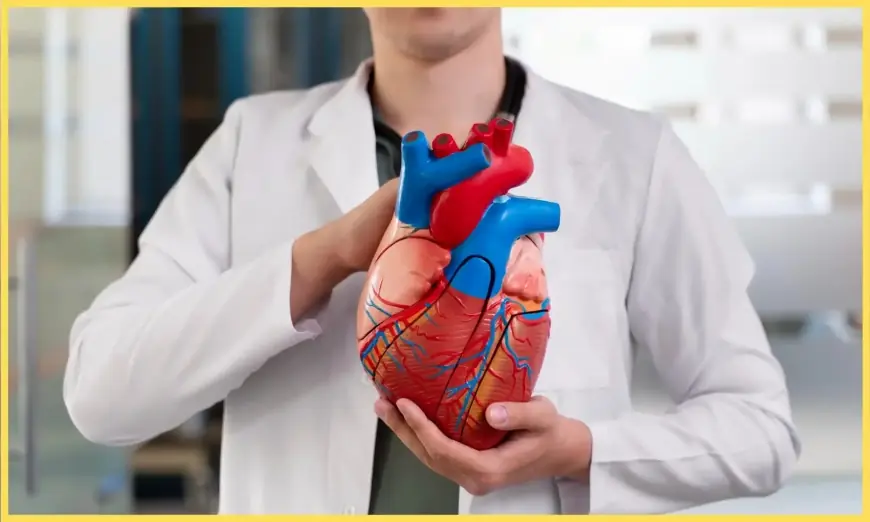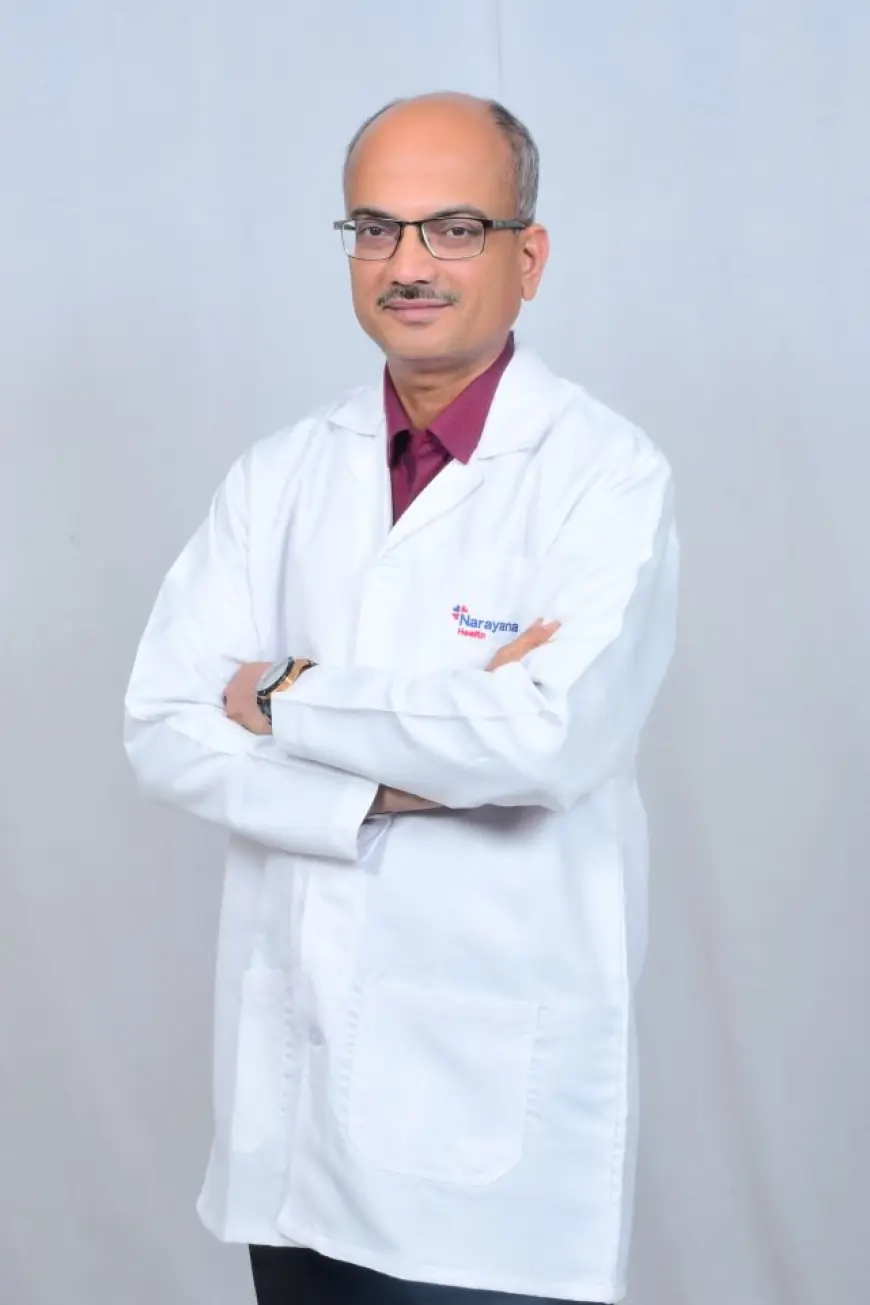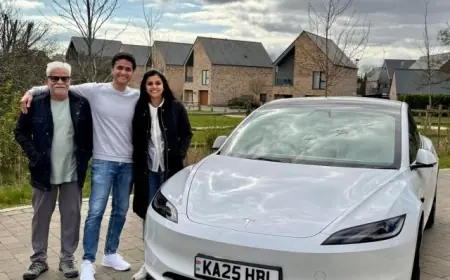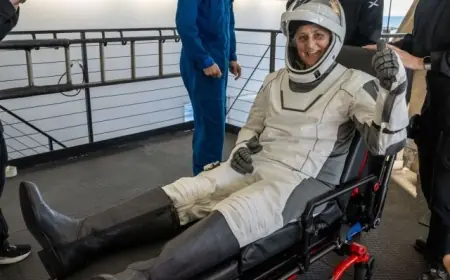Decoding Sudden Cardiac Arrests: A Call for Awareness and Action
| Google News | Join WhatsApp | Join Telegram | Live |

Daily Mail 24 News Desk.
By Dr. Raghu Prasad S, Senior Consultant Interventional Cardiologist, SDM Narayana Heart Centre Dharwad.
Sudden cardiac arrest and sudden cardiac death—two phrases that evoke dread and urgency—are becoming increasingly prominent in conversations about public health.
Disturbing news of individuals succumbing to cardiac arrest while doing some work or workouts or playing sports, hits us more often these days.. Yes, this kind of news is unsettling each time we hear about it, but it is not a new phenomenon. However, the frequency of news reports regarding sudden cardiac arrest or cardiac death has surged in recent times.
Despite all that information, the distinction between sudden cardiac arrest (SCA) and a heart attack is often blurred in the public mind, as many use these two phrases interchangeably. It is very important to understand what the two actually mean.
A heart attack is like a plumbing problem – where arteries get blocked and restrict blood flow to the heart muscle, leading to damage. Sudden cardiac arrest, on the other hand, is an electrical failure—an abrupt cessation of the heart's function caused by arrhythmias. While a heart attack might lead to SCA, the two are not synonymous. A sudden cardiac death happens quickly, within minutes of SCA, if no medical help is available.
There is also a growing narrative around sudden cardiac deaths particularly among young and seemingly healthy individuals, which has set off alarm bells. Advancements in diagnostics and heightened public awareness have cardiac problems into sharper focus. Unhealthy lifestyle choices, unchecked stress, and an increasing prevalence of undiagnosed genetic conditions are significant contributors to this trend.
Among the young, a loss due to cardiac problems feels particularly tragic. Congenital anomalies and other genetic conditions are silent culprits. But modern lifestyles—marked by inactivity, poor dietary habits, smoking, tobacco consumption and chronic stress—further exacerbate these risks.
Identifying warning signs is a first line of defence in the event of a heart attack, which can help prevent cardiac arrest. Symptoms like chest discomfort, palpitations, dizziness, unexplained shortness of breath or acidity should not be ignored.
Prevention remains our most potent weapon. Regular exercise, a heart-healthy diet, stress management, and the elimination of smoking and alcohol are non-negotiable. Routine cardiac screening should no longer be reserved for those showing symptoms. The case for making it a standard protocol—especially for athletes, individuals with a family history of cardiac issues, and those over 30—is stronger than ever. Tests like ECGs, echocardiograms and stress tests are invaluable in detecting abnormalities early.
For those with a familial predisposition, vigilance is key. Regular cardiac checkups and adopting preventive measures can significantly reduce risks. Advances in medical science, from implantable cardioverter-defibrillators to wearable monitoring devices, have proven life-saving for high-risk individuals.
Sudden cardiac arrests are preventable if people pay attention to the signs and take preventive measures. Awareness is the first step, but it must be followed by action—both at an individual and systemic level. As we move forward, integrating routine screenings into healthcare policies, promoting awareness campaigns and ensuring access to life-saving technologies are vital.
Here are few tips
1. Adopt a Heart-Healthy Diet
2. Reduce Salt Intake
3. Avoid Sugary Foods and Drinks
4. Stay Physically Active
5. Do Regular Walking of 45 minutes at least five days a week
6. Manage Stress Effectively, do Yoga, Meditation regularly
7. Avoid Tobacco and Alcohol
8. Control Blood Pressure: Keep your blood pressure below 120/80 mmHg with medication if necessary.
9. Aim to reduce bad cholesterol
10. Manage Diabetes: Keep blood sugar levels within the target range through diet, exercise, and medication.
11. Maintain Healthy Diet
12. Get Enough Sleep: Aim for 7-9 hours of sleep
13. Heart Check-Ups: Get routine ECGs, stress tests, and lipid profiles as recommended by your doctor.
14. Blood Pressure Monitoring: Keep track of your blood pressure at home.
15. Advanced Screenings for High-Risk Individuals: Consider coronary calcium scoring or genetic testing if you have a family history of heart disease.
The heart, quite literally, is the lifeline of the body. By nourishing it with care and paying heed to its signals, we can safeguard not just our own lives but also inspire healthier communities. It is time to take cardiac health seriously—because every heartbeat matters.

Dr. Raghu Prasad S, is a Senior Consultant Interventional Cardiologist at SDM Narayana Heart Centre Dharwad.
| Google News | Join Facebook | Live | 24/7 Help Desk |








































